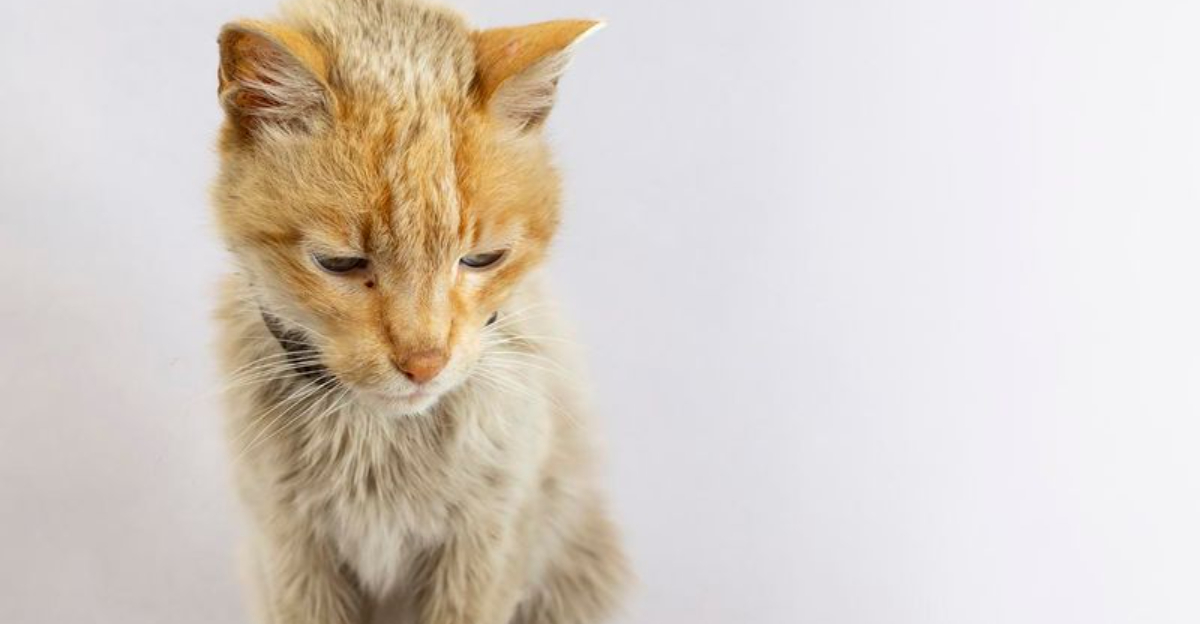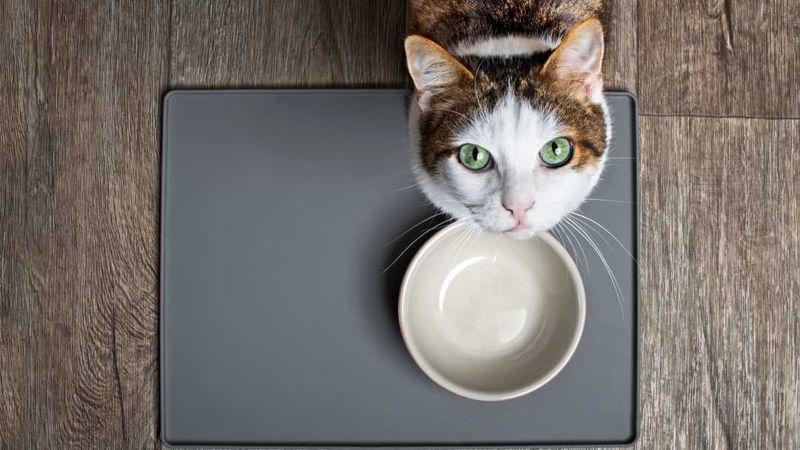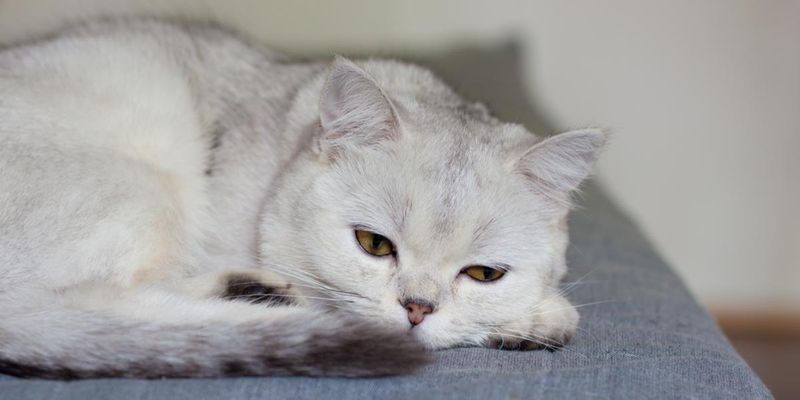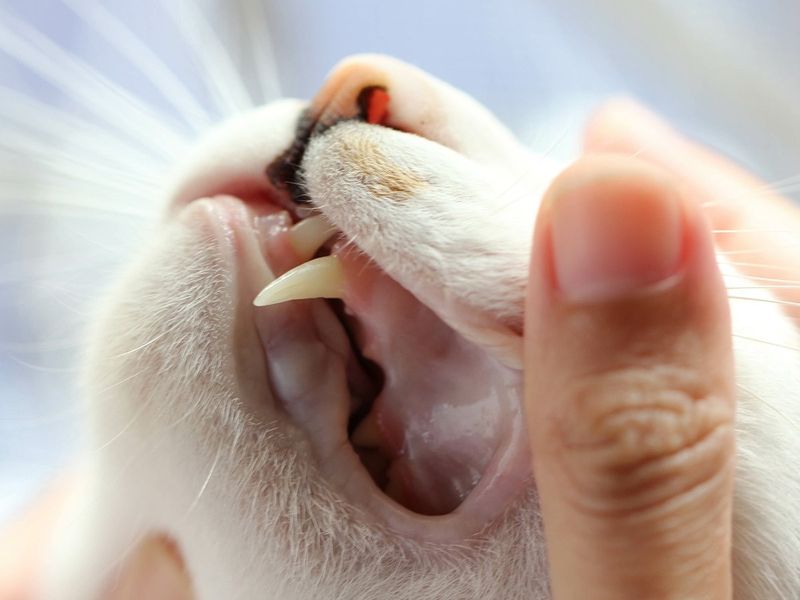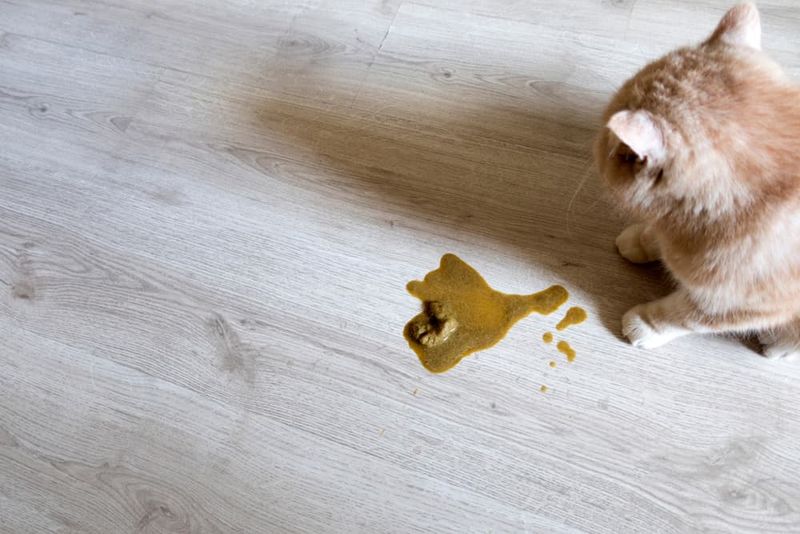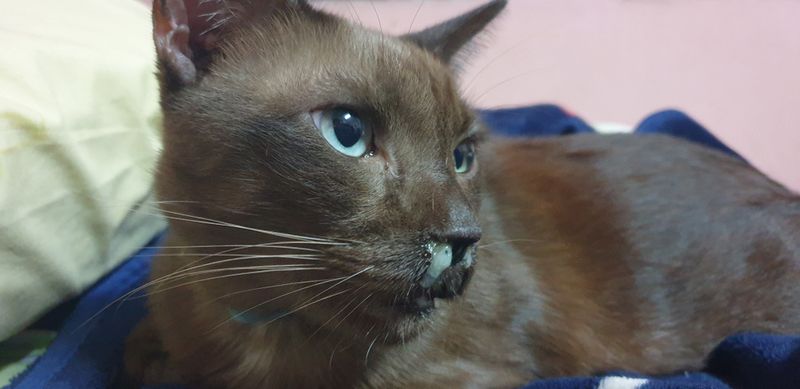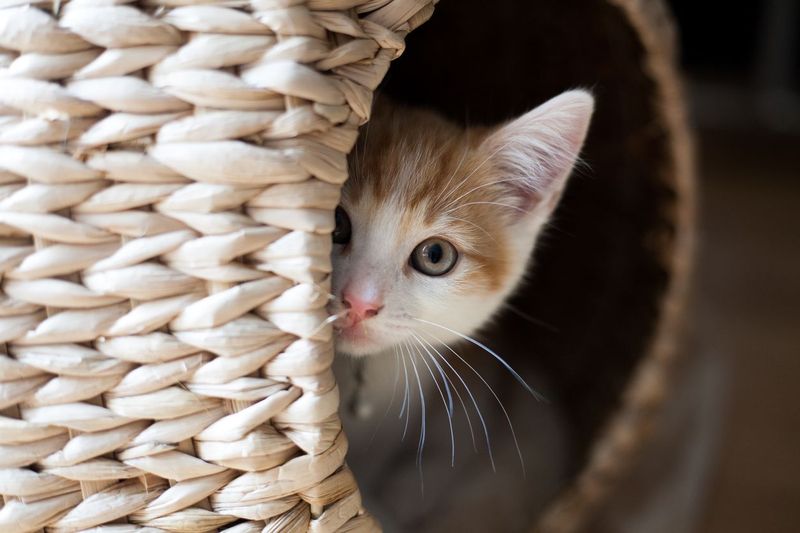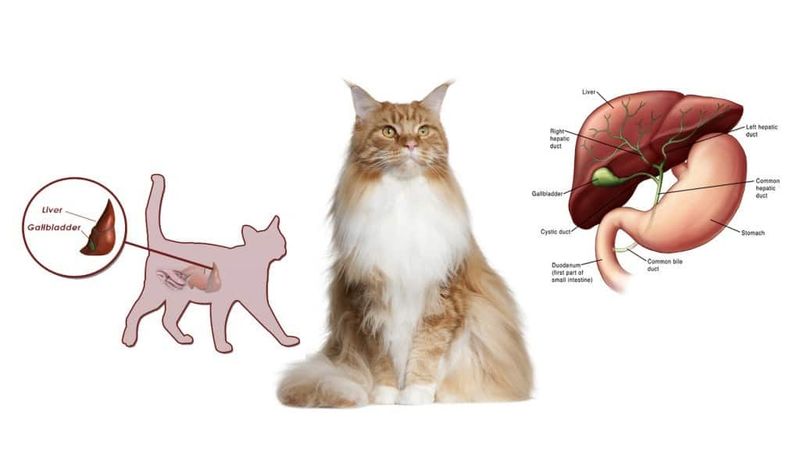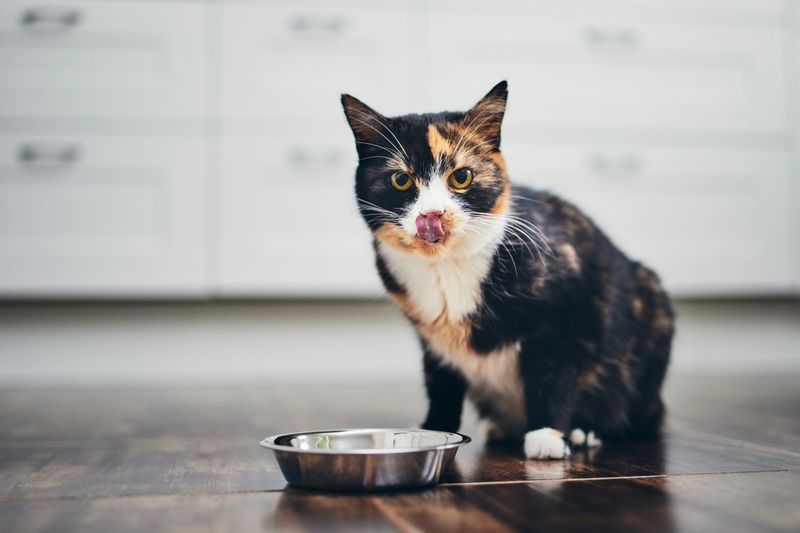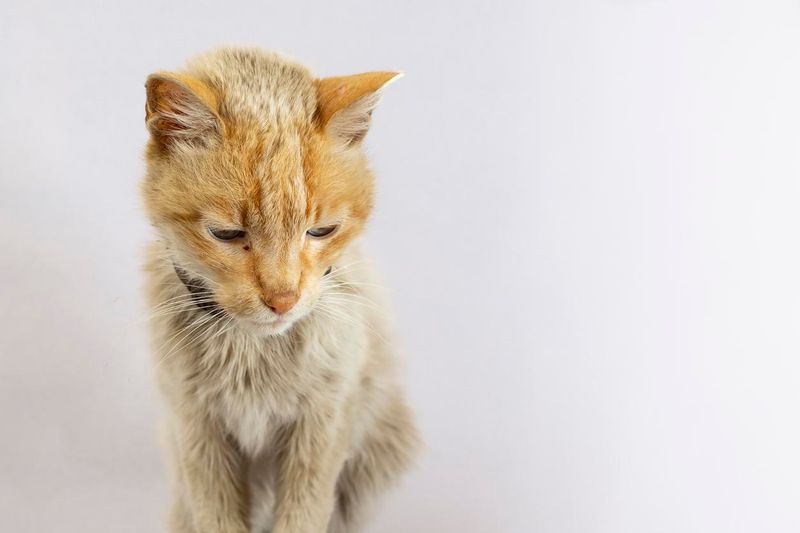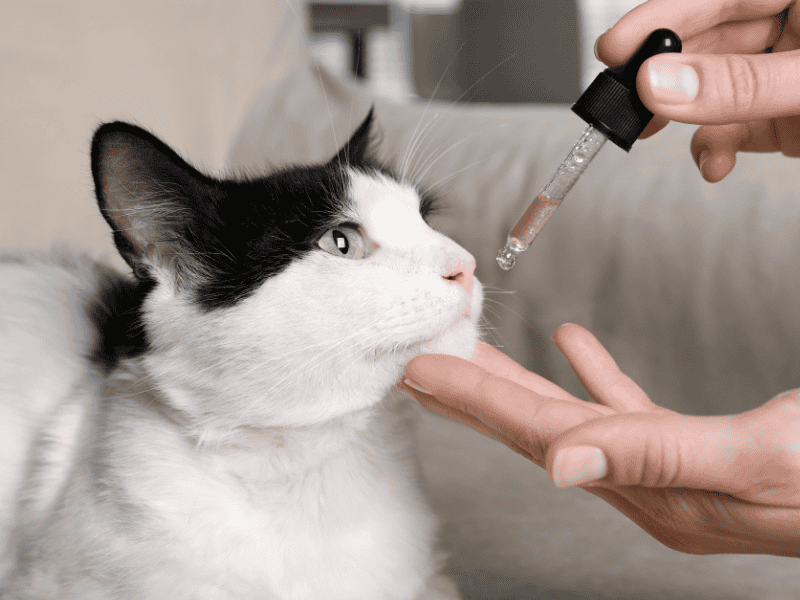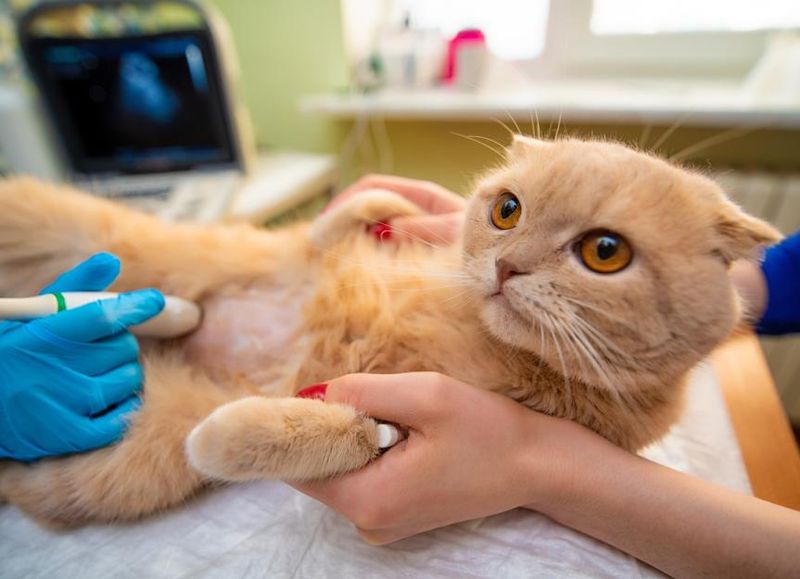📖 Table of Content:
- 1. Duration of Appetite Loss
- 2. Accompanying Symptoms
- 3. Dental Issues
- 4. Gastrointestinal Problems
- 5. Respiratory Infections
- 6. Stress and Environmental Changes
- 7. Underlying Medical Conditions
- 8. Food Preferences and Changes
- 9. Age-Related Factors
- 10. Medications and Vaccinations
- 11. Presence of Foreign Objects
Recognizing when your cat refuses food is crucial for its health and well-being. A persistent loss of appetite could signal underlying health issues that may lead to severe complications if left unchecked. This blog post outlines 11 specific signs that indicate it’s time to consult a veterinarian and take action. Each sign, thoroughly detailed, provides insight into the potential causes and solutions, helping cat owners to promptly address and mitigate these issues. From medical conditions to environmental stressors, understanding these signals can ensure your feline friend remains healthy and content.
1. Duration of Appetite Loss
If your kitty skips meals for over a day, it’s a red flag. This persistent fasting can lead to malnutrition and serious health complications. Just like humans, cats need regular nutrition to maintain their energy and health. A prolonged period without food might be due to an underlying issue, such as stress or illness. Ignoring this could worsen the problem, making a vet’s intervention crucial. Keep a close eye on your cat’s feeding patterns to spot any irregularities. Timely action can prevent severe health decline.
2. Accompanying Symptoms
Cats often hide their discomfort, but combined symptoms like vomiting, diarrhea, and lethargy with appetite loss are concerning. Such signs might indicate more serious issues, including infections or digestive problems. Behavioral changes, such as hiding or aggression, add to the worry. It’s essential to observe these symptoms in conjunction with eating habits. Veterinarians can diagnose and provide appropriate treatment, potentially uncovering hidden health challenges. By getting a comprehensive check-up, you ensure a full recovery and prevent any long-term effects.
3. Dental Issues
Sometimes, the reason behind your cat’s refusal to eat lies in its mouth. Dental problems, such as gum disease or tooth decay, cause pain, making food consumption difficult. Look for signs like drooling, bad breath, or dropping food while eating. These indicators suggest discomfort that necessitates a dental check-up. Regular oral care can prevent these issues. Professional cleanings and dental treatments from a vet can alleviate pain and improve your cat’s appetite. Early detection and care protect against severe dental complications later.
4. Gastrointestinal Problems
Digestive problems, including pancreatitis or bowel disease, can severely affect a cat’s appetite. Symptoms often include vomiting, diarrhea, and abdominal pain. These conditions disrupt normal digestion, causing nausea and discomfort. If your cat exhibits these signs, a veterinarian can conduct tests to identify and treat the problem. Proper medical intervention addresses these issues at their core, restoring the cat’s desire to eat. Timely care prevents more serious health declines, ensuring your cat remains active and healthy.
5. Respiratory Infections
Upper respiratory infections can dull your cat’s sense of smell, leading to reduced food interest. Symptoms such as sneezing, nasal discharge, and lethargy accompany these infections. Since cats rely heavily on scent to choose food, any impairment can cause them to avoid eating. Early treatment can relieve these symptoms, encouraging a return to normal eating habits. With proper care, including medication and rest, recovery is swift. Preventive measures like vaccinations and minimizing exposure help avoid future infections.
6. Stress and Environmental Changes
Changes in a cat’s environment, such as new pets or a move, can cause stress, affecting their appetite. Cats thrive on routine and security; disruptions may lead to anxiety-driven food refusal. Providing a stable, calm environment helps mitigate stress. Creating a safe space with familiar scents and consistent feeding schedules restores normal eating patterns. Understanding and addressing these emotional triggers ensures your cat remains comfortable and stress-free, promoting a healthier appetite.
7. Underlying Medical Conditions
Invisible ailments like kidney or liver disease might be the culprits behind appetite loss. These conditions often manifest subtly, with additional symptoms such as weight loss or increased thirst. A thorough vet examination can reveal these hidden issues. Regular check-ups are essential for early detection, allowing for effective management and treatment. Addressing these health challenges early on can significantly improve your cat’s quality of life, ensuring they remain energetic and happy.
8. Food Preferences and Changes
Cats can be notoriously selective about their food. Sudden changes in diet or the introduction of new flavors may result in refusal to eat. Gradual transitions between foods can help prevent abrupt rejection. Pay attention to your cat’s preferences and note any changes in their eating behavior. Understanding your cat’s likes and dislikes ensures their meals are both enjoyable and nutritious. Offering variety while respecting their taste can maintain their interest in meals, fostering a balanced diet.
9. Age-Related Factors
As cats age, changes in appetite are common. Senior cats might eat less due to reduced activity levels or age-related health concerns. A diminished sense of smell or taste can also contribute. Regular veterinary visits ensure age-related issues are addressed promptly. Adjusting dietary needs to fit their lifestyle and health helps maintain a healthy appetite. Providing softer food with appealing aromas can stimulate interest. Understanding these natural changes allows you to cater to your cat’s evolving needs effectively.
10. Medications and Vaccinations
Certain medications or vaccines might temporarily suppress appetite in cats. If a decrease in eating follows recent treatment, consult your vet. Understanding these side effects ensures you take appropriate action. While most will resolve quickly, prolonged disinterest in food requires professional guidance. Adjusting medication dosage or timing might help alleviate the issue. Monitoring your cat’s response to treatment allows you to manage their health effectively, ensuring they remain nourished and healthy.
11. Presence of Foreign Objects
Cats, driven by curiosity, might ingest foreign objects, causing gastrointestinal blockages and appetite loss. Symptoms include vomiting, lethargy, and abdominal discomfort. Immediate veterinary care is essential to remove obstructions safely. Preventive measures, like keeping small objects out of reach, can avoid such situations. Regular monitoring and prompt action ensure your cat’s health and safety.
